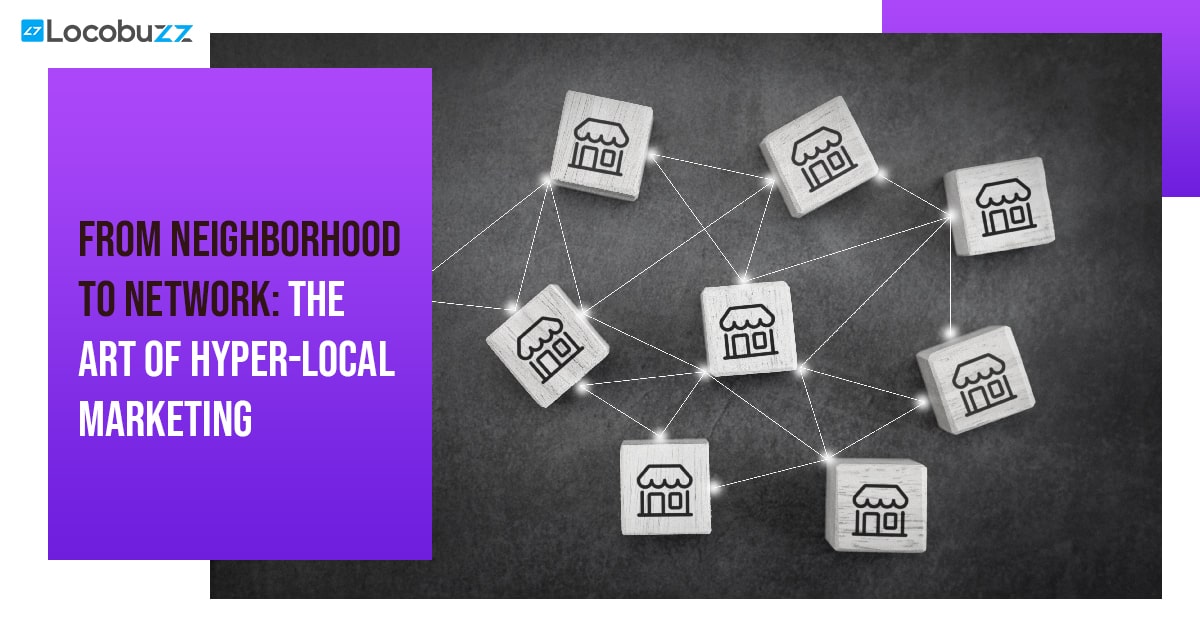Locobuzz Webinar About Real Estate Sector During Covid

Table of Contents
The importance of real estate
Real estate is the second-largest employment sector in India. It’s poised to become a trillion-dollar economy by 2030! Tens of billions of dollars were being invested in real estate until the pandemic hit seemingly bringing the world to a standstill.
Locobuzz hosted a webinar, “Real Estate, AI, and Automation in the Age of COVID“ in which we took a deep dive with four industry leaders who have not only survived but thrived amidst the pandemic.
Here are the key takeaways!
Keep investing!
Real estate in India is still largely local. Recently, small to mid-sized developers are realizing the benefits of investing in Online Reputation Management (ORM) & for lead generation. Developers need to integrate technology across all functions to better target and penetrate the market.
Also Read: Effective Online Reputation Management During COVID
Conversations lead to relationships
Response time is the most important factor in ORM. The gold standard for response time is reversion within 15 minutes from the time the consumer submits the inquiry. Maintaining this response time helps a brand secure consumer confidence and interest.
Chatbots: high availability & reliability
Customer Experience in real estate is highly dependent on two factors: quick turnaround time and information availability. A well-designed chatbot optimizes both, significantly increasing the conversion ratio of leads to walk-ins.
Also, Read Chatbots in 2021: Why They’re More Important Than Ever!
Adapting to changing demand
As technology rapidly changes by the hour, it needs to be adapted to the needs of the consumers. Customer-centricity-led technology intervention must be focused on.
For example, technology is enabling real estate developers to take their products to the consumers through “virtual tours”. Some real estate companies witnessed a shift in demand from under construction to ready-to-move-in properties. They quickly identified and responded to this by focusing on ready-to-move-in properties rather than setting up campaigns for properties under construction.
Future of commercial real estate: not so bleak

De-densification, that is an increase in allocation of a square foot per person in an office, will nullify the impact of more people working from home even after the pandemic ends.
Smarter technology, smarter homes
The pandemic has changed consumer behavior making issues like sustainability and environment more important to people. Technology can help realize these needs. Technology meets the need to adapt to work from home as rooms are converted to office spaces after the pandemic.
Also Read: Spot New Consumer Behavior using Social Media Trends
The way forward
Over the past few years, developers have recognized the huge potential of digital media for geotargeting. After the pandemic, digital is responsible for 95% of quantum lead generations. Eventually, it’ll facilitate conversions allowing people to buy real estate online.
Overcoming challenges
Internal alignment within a company is the first key step after the pandemic has scattered employees in different geographic locations. Only then can a company focus on strategizing and implementing consumer outreach. Ultimately, the webinar was a testament to the great partnership between the real estate industry and digital Customer Experience Management, Automation, and Big Data Analytics!






















